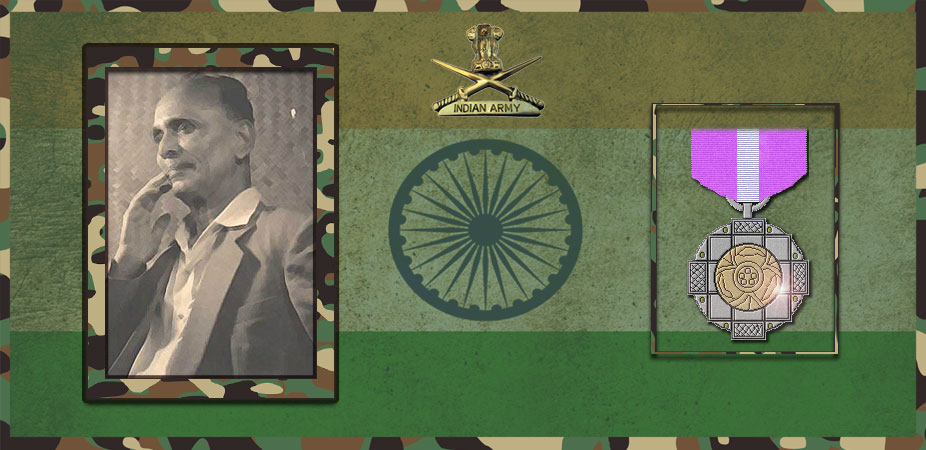Let's salute to our Indian Army together, We are proud to be Indian.
Let's salute to our Indian Army together, We are proud to be Indian.

Narayan Sitaram Phadke (1894-1978), was a Marathi writer from Maharashtra, India.
He was an MA from Bombay ( Mumbai) University. Na si, as he was popularly known, was married to [Kamala Phadke, a prolific writer in her own right. They had three children Rohini, Anjali and Vijay.
Kamala Phadke- who earlier was his student — as a matter of fact was his second wife. The separation from the first wife & his second marriage scandalized the conservative Marathi opinion in those days and caused a lot of adverse comments. This however left him unfazed.
After separation from his first wife by whom he had had four children, Ravikant Narayan Phadke and Shashikant Narayan Phadke , to mention two, he continued to support her and his first family. A daughter of Phadke from the first marriage later wrote about the silent but terrible suffering of his first wife who being relatively uneducated could not articulate herself and having been brought up in conservative value system chose silent suffering.
He worked in 1919 -1920 as an assistant editor of Maratha newspaper. He was a professor of Philosophy and Psychology at Rajaram College in Kolhapur during 1926 -1951. For some years in that period, he also edited Ratnakar, Zhankar, and Anjali. On his retirement he settled in the city of Pune in Maharashtra but continued to write.
Allaha Ho Akbar was Phadke’s first novel. He wrote about 150 books, including 74 novels, 27 collections of his short stories, 22 Reviews, 7 Plays, and autobiographical Maje Jeevan: Ek Kadambari.This autobiographical work came in for severe criticism by those who had known Phadke intimately as they felt that at many places he had twisted or altered the facts to suit his own image.
For many years he also publicly feuded with another well known Marathi author Acharya Pralhad Keshav Atre.
Phadke served as the chairman of Marathi Sahitya Sammelan held in Ratnagiri in 1940.
The Indian government awarded him a Padmabhushan title in 1962 for his literary accomplishments
In his early years in the 1920s, Phadke strongly advocated Birth control and Eugenics to control population in India.Being a follower of Gandhi, he argued that eugenics was an Indian concept rather than a European import.He however, got Margaret Sanger, the American birth control advocate to write the forward for his book.